The day has finally come, folks. Google and Motorola are now wed in holy matrimony… or something like that. The $12.5 billion deal that has Google acquiring Motorola Mobility has been closed. It’s a deal that took the two parties a little bit over a year to complete due to standard antitrust investigations and other regulatory processes for major acquisitions.
There was little doubt that Google and Motorola would be able to get through this, though China’s lengthy investigation and negotiations delayed the timeline just a tad. Google and the Chinese government eventually reached an agreement that would ensure Google would keep Android open to any licensees for at least five years to ensure Motorola isn’t given special treatment.
The impact of this deal won’t be immediate. Aside from potential layoffs in the near future, Google and Motorola Mobility have maintained that the latter would continue to operate as a standalone entity. One thing caught my eye in the initial press release, though.
New Motorola Mobility CEO Dennis Woodside stated they would focus their talent on fewer and bigger bets, meaning we should see a lot less mid-range and entry-level smartphones compared to what we saw in 2010 and the early parts of 2011. This new focus has already been mirrored on store shelves, particularly on Verizon and Sprint, and many other carriers in North America and Europe.
But for now, Google has Motorola and they have the single biggest thing that they wanted the deal for: Motorola’s massive stack of wireless patents that Google will no doubt use to protect Android from the hungry eagles of today’s ecosystem. Read on for full press details.
Google Acquires Motorola Mobility
MOUNTAIN VIEW, Calif., May 22, 2012 /PRNewswire/ — Google Inc. (NASDAQ: GOOG) announced today that the acquisition of Motorola Mobility Holdings, Inc. (NYSE: MMI) has closed, with Google acquiring MMI for $40.00 per share in cash.
The acquisition will enable Google to supercharge the Android ecosystem and will enhance competition in mobile computing. Motorola Mobility will remain a licensee of Android and Android will remain open. Google will run Motorola Mobility as a separate business.
Sanjay Jha, who revived Motorola’s Mobile Devices business and led the company through this acquisition, has stepped down as CEO, although he will continue to work with Google to help ensure a smooth transition.
Dennis Woodside, who has overseen integration planning for the acquisition and previously served as President of Google’s Americas region, has become CEO of Motorola Mobility.
Larry Page, CEO of Google, said, “I’m happy to announce the deal has closed. Motorola is a great American tech company, with a track record of over 80 years of innovation. It’s a great time to be in the mobile business, and I’m confident that the team at Motorola will be creating the next generation of mobile devices that will improve lives for years to come.
“Sanjay Jha, who was responsible for building the company and placing a big bet on Android, has stepped down as CEO. I would like to thank him for his efforts and am tremendously pleased that he will be working to ensure a smooth transition as long-time Googler Dennis Woodside takes over as CEO of Motorola Mobility.
“I’ve known Dennis for nearly a decade, and he’s been phenomenal at building teams and delivering on some of Google’s biggest bets. Dennis has always been a committed partner to our customers and I know he will be an outstanding leader of Motorola–and he’s already off to great start with some very strong new hires for the Motorola team.”
Dennis Woodside, CEO of Motorola Mobility, said: “Motorola literally invented the entire mobile industry with the first-ever commercial cell phone in 1983. Thirty years later, mobile devices are at the center of the computing revolution.
“Our aim is simple: to focus Motorola Mobility’s remarkable talent on fewer, bigger bets, and create wonderful devices that are used by people around the world.”
Dennis Woodside has hired a small number of leaders who will immediately join Motorola’s executive team, including Regina Dugan (former Director of DARPA), Mark Randall (former supply chain VP at Amazon and previously at Nokia), Vanessa Wittman (former CFO of Marsh & McLennan), Scott Sullivan (former head of HR at Visa and NVIDIA), and Gary Briggs (former Google VP of Consumer Marketing). In addition to these new leaders, many members of Motorola Mobility’s team will continue in their current roles: Iqbal Arshad (Product Development), Marshall Brown (Chief of Staff), Fei Liu (Mass Market Products), Dan Moloney (Home), Scott Offer (General Counsel), Mark Shockley (Sales), Mahesh Veerina (Software & Enterprise) and Jim Wicks (Consumer Experience Design).
Woodside added: “Motorola Mobility has many outstanding leaders, including people who were behind the original RAZR in 2004 and recent successes like the Droid and RAZR MAXX. Our colleagues joining the team come from varied backgrounds, from DARPA to Amazon and NVIDIA, but they all share a track record of leading innovation at speed, and a great deal of excitement about the mission ahead.”
About Dennis Woodside
Dennis Woodside oversaw Google’s acquisition of Motorola Mobility, and is former President of Google’s Americas region. He has worked with partners, governments and advertisers in more than 30 countries. Most recently, Dennis was responsible for Google’s Sales & Operations in the Americas. In the U.S. alone, Dennis and his team drove revenue from $10.8 billion to $17.5 billion in under three years. He also was the lead business partner for Google’s advertising product development team, helping launch new ad products globally. Dennis started his career at the company spearheading investment across Europe, the Middle East, and Africa. He was responsible for the overall go-to-market, product offering and acquisition strategies in these markets, which boasted a 20-fold increase during his tenure. Revenues grew to over $2 billion.About Google Inc.
Google’s innovative search technologies connect millions of people around the world with information every day. Founded in 1998 by Stanford Ph.D. students Larry Page and Sergey Brin, Google today is a top web property in all major global markets. Google’s targeted advertising program provides businesses of all sizes with measurable results, while enhancing the overall web experience for users. Google is headquartered in Silicon Valley with offices throughout the Americas, Europe and Asia. For more information, visit www.google.com.Forward-Looking Statements
This press release includes forward-looking statements within the meaning of Section 27A of the Securities Act of 1933 and Section 21E of the Securities Exchange Act of 1934. These forward-looking statements generally can be identified by phrases such as Google or its management “believes,” “expects,” “anticipates,” “foresees,” “forecasts,” “estimates” or other words or phrases of similar import. Similarly, statements herein that describe the future impact of the Motorola Mobility acquisition, including its financial impact, and other statements of management’s beliefs, intentions or goals also are forward-looking statements. It is uncertain whether any of the events anticipated by the forward-looking statements will transpire or occur, or if any of them do, what impact they will have on Google’s results of operations, financial condition, or the price of its stock. These forward-looking statements involve certain risks and uncertainties that could cause actual results to differ materially from those indicated in such forward-looking statements, including but not limited to the ability of Google to successfully integrate Motorola’s operations, product lines and technology; the ability of Google to implement its plans, forecasts and other expectations with respect to Motorola’s business and realize additional opportunities for growth and innovation; and the other risks and important factors contained and identified in Google’s filings with the Securities and Exchange Commission (the “SEC”), any of which could cause actual results to differ materially from the forward-looking statements. The forward-looking statements included in this press release are made only as of the date hereof. Google does not undertake any obligation to update the forward-looking statements to reflect subsequent events or circumstances.

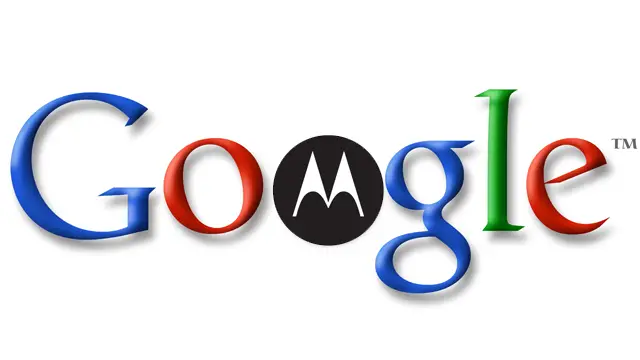
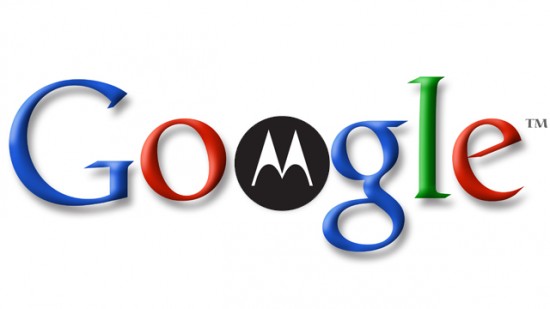
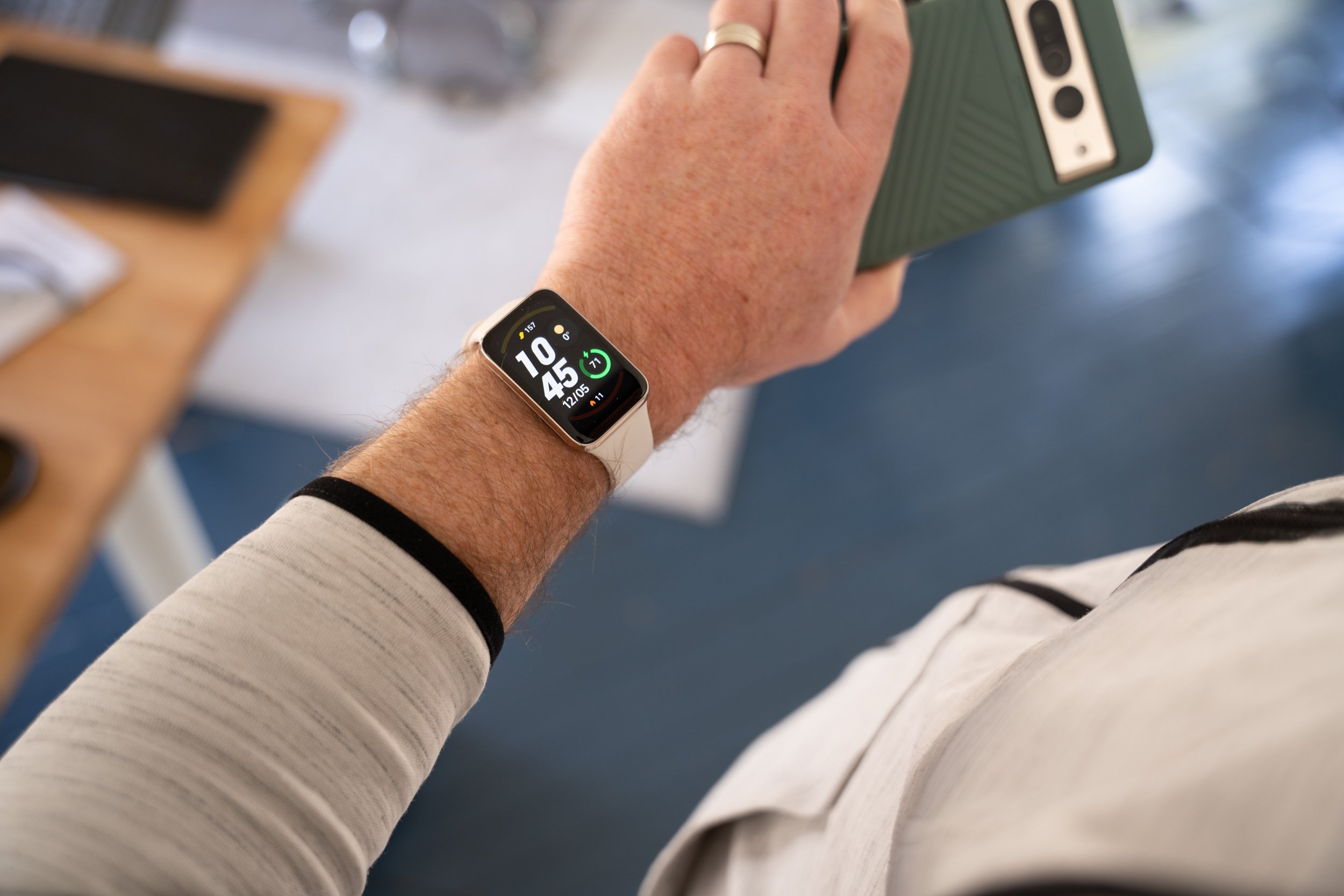

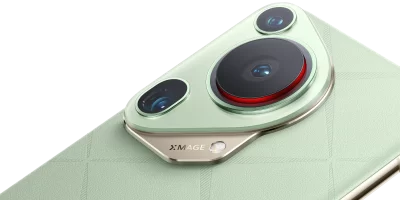
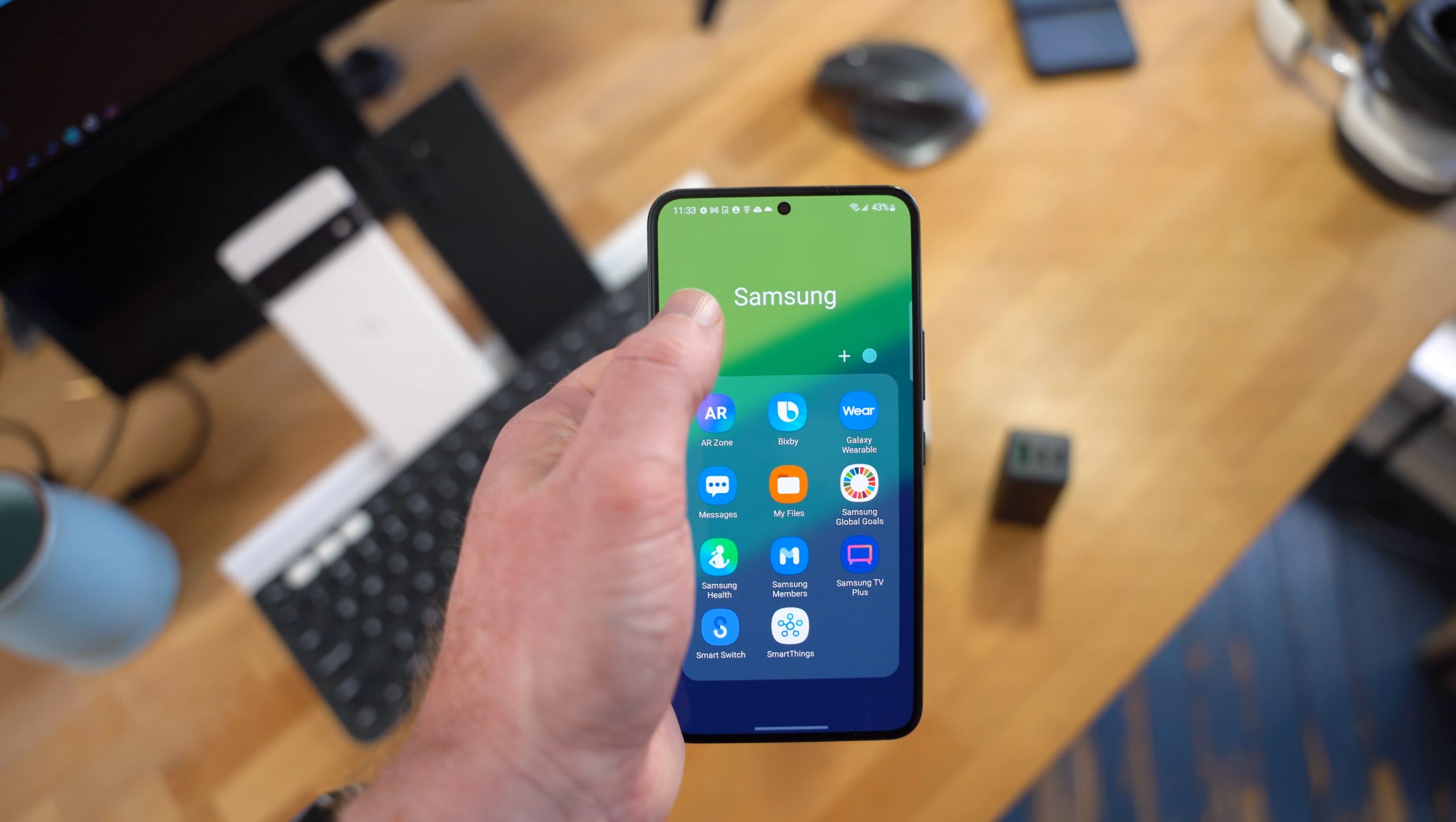
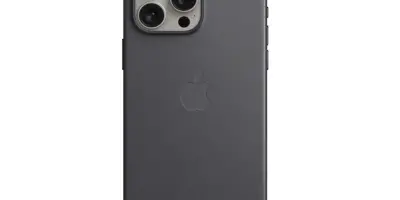
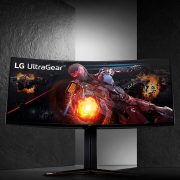
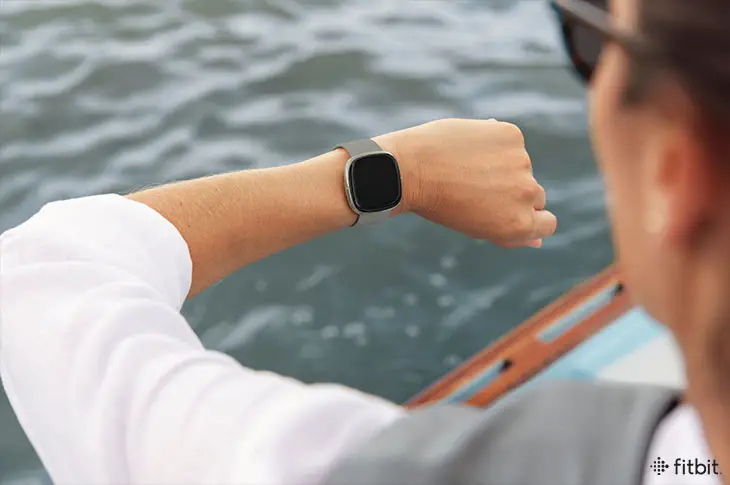


2012 or 2013 Motorola Nexus?
Ahhh, that sounds nice
Motorola Nexus RAZR ?
Considering the reports that there will be five nexii by the end of the year from different OEMs, that’s probably a safe bet.
Here’s hoping Google sets Moto on a better course. Pull any redeeming apps and features from Blur and put them into Android proper, and make Moto run stock on all their devices. Then focus on the highest quality hardware.
Wait, you mean there are features and apps from “Blur” that are actually noteworthy? Noooooooo
/s
I wouldn’t mind Smart Actions being native. Admittedly, that’s the only thing I can think of off the top of my head.
yay non-expandable memory & non-removable batteries for everyone -_-
You’re thinking of Samsung (non expandable memory), ALL Motorola phones have MicroSD Card slots.
You don’t need a removable battery if it’s 3,300mAH (As opposed to Samsung’s standard 1,800mAH).
Plus Motorola has the best build quality, lightest & slimmest phones around.
What are you talking about? The Galaxy S I, II, and III all have micro SD card slots.
Galaxy Nexus.
KEVLAR NEXUS Phone and Tablet . Anyone ?!?!
Unless Google immediately announces that they will unlock all Moto devices past and present then I don’t care. Not even my goodwill for Google will change my distaste for Moto.
Maybe now they will unlock their bootloaders….
Nexus Max anyone??
It’s probably beyond Google’s capabilities to do too much for the phones Moto has already released and the people who bought them. This isn’t going to be a silky-smooth integration, there will be months of internal turmoil before things settle down. But at the very least, they can make sure that Moto stops spamming too many new phones and supports their phones going forward, and hopefully they just make everything they do stock.
Hoping they make timely updates a high priority and the other OEMs/carriers take note.
Good now start making good looking phone will ya.hahaha.
I got two things from this article. One, Moto appears to be in good hands and two, we have new vernacular in business speak – “biggest bets”. I’ve been in the business world for more than 30 years and never heard this term used by CEO’s before. It wouldn’t surprise me to hear it used by presidential candidates.